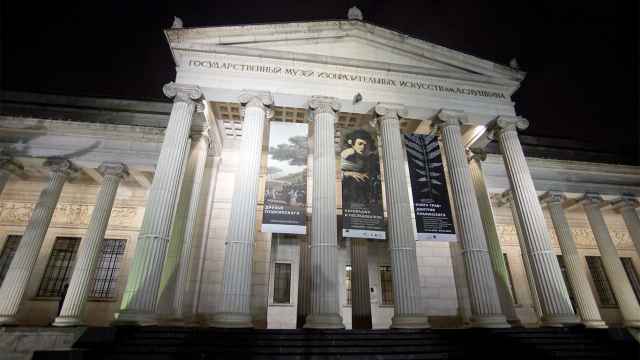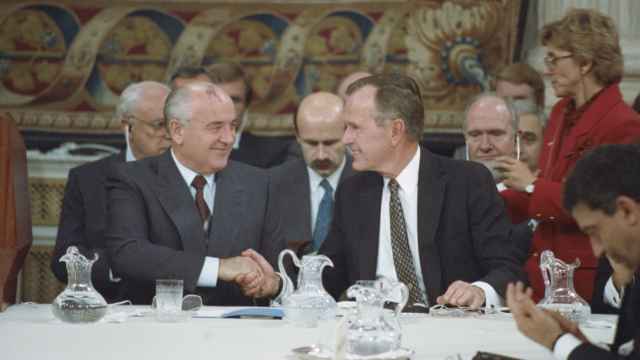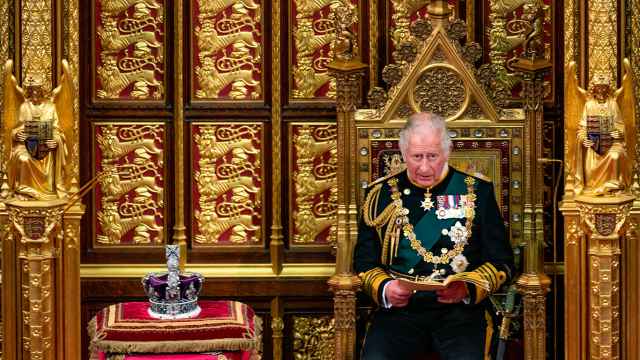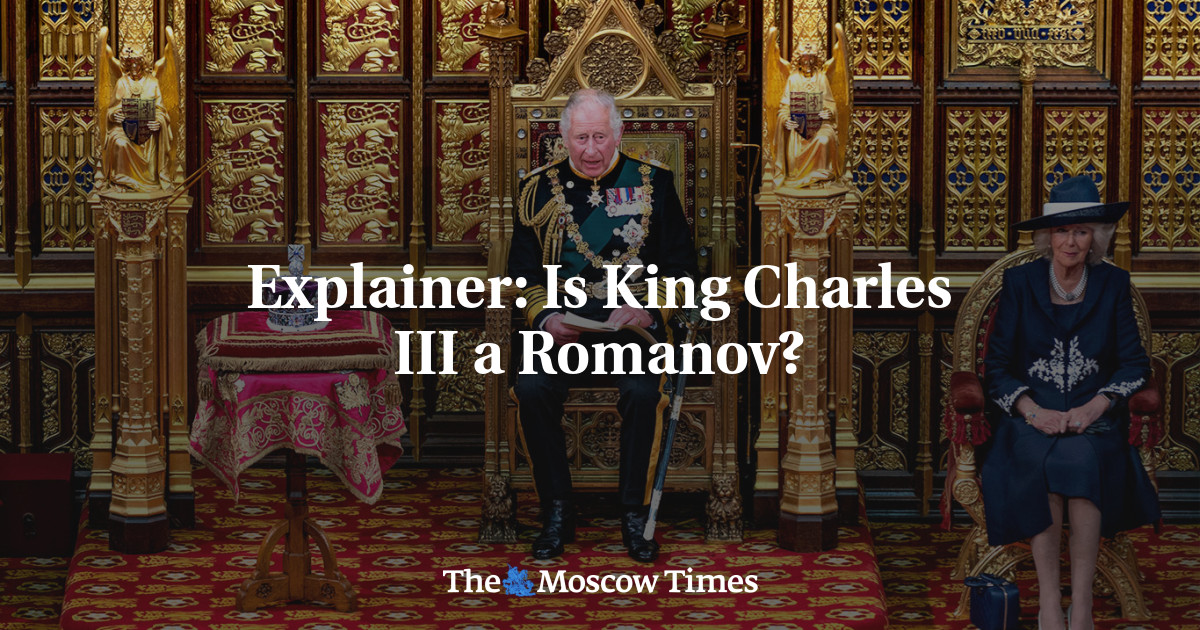
Now is the time to support independent reporting from Russia!
Explainer: Is King Charles III a Romanov?
British and Russian royalty have intermarried for generations.
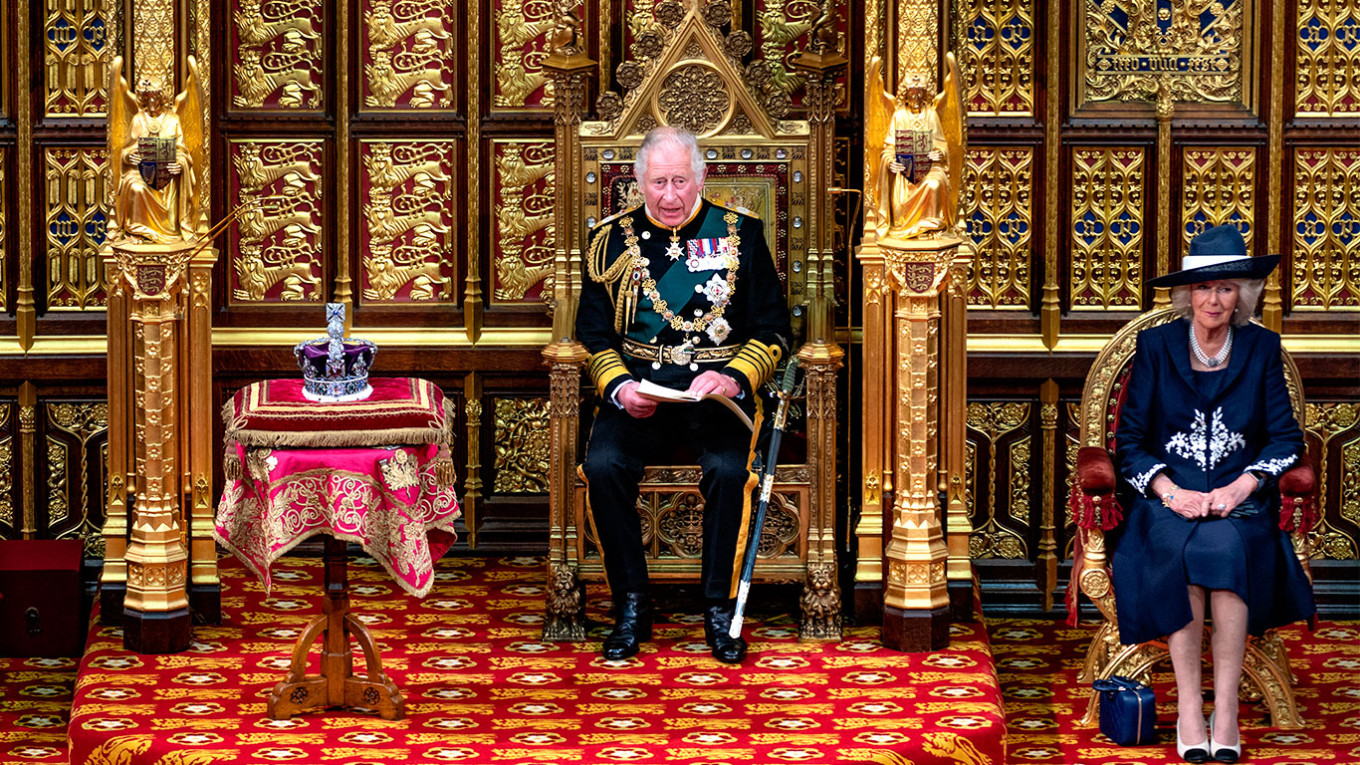
King Charles III is the first descendent of the Russian imperial Romanov family to ascend to the British throne. How is that possible?
In the last three centuries, it wasn’t uncommon for first, second and third cousins of royal households in different countries to marry. The logic was both to keep the royal bloodline “pure” and form political and economic alliances.
Queen Elizabeth II and Prince Philip were third cousins. Elizabeth II’s grandparents, King George V and Queen Mary, were second cousins, while Nicholas II and Alexandra were both Queen Victoria’s grandchildren, making them first cousins even though they came from different royal households and countries.
How is Charles related to the Romanovs?
Charles III’s connection to the Romanovs comes from both his mother and father. Prince Philip was related to the Romanovs through all four of his grandparents. His paternal grandmother was the Grand Duchess Olga Konstantinovna, a granddaughter of Nicholas I. His paternal grandfather, George I of Greece, was a brother-in-law of Alexander III – who was also related to Queen Mary.
George V was a favorite cousin of Nicholas II. Both men were grandchildren of Queen Victoria. Their resemblance was uncanny and the two would often swap outfits to play jokes on the staff.
Yet neither George V nor Queen Mary were direct descendants of the Romanovs. And although Charles III is a Romanov descendent, he is not the closest living relative in Britain’s royal family to Russia’s last tsar.
That would be Elizabeth II’s first cousin, Prince Michael of Kent – a man who also looks remarkably similar to Nicholas II and George V.
Who is Prince Michael of Kent?
Born in 1942 at the height of the Second World War, at age five he served as a page boy at then Princess Elizabeth’s wedding to Prince Philip. He was educated at Eton and the Mons Officer Cadet School before serving in the military for almost two decades.
In 1978, he married Baroness Marie-Christine von Reibnitz, daughter of Baron von Reibnitz and the former Countess Marianne Szapary, in Vienna. The couple have two children, Lord Frederick Windsor (1979) and Lady Gabriella Windsor (1981).
Originally eighth in line to the throne, the Prince lost his right of succession after marriage because the princess is a Catholic. The Bill of Rights (1689) and the Act of Settlement (1701) excluded those who married Roman Catholics from the succession. However, this provision was repealed by the Succession to the Crown Act (2013), and the prince’s place in the succession was reinstated.
The prince doesn’t receive the annual parliamentary allowances that are received by other members of the Royal Family. His company offers specialist consultancy advice to a number of commercial concerns, like education, business and the arts in several countries.
How closely related are Prince Michael and Nicholas II?
Nicholas II was a cousin to three of Prince Michael’s grandparents. Michael’s parents are Prince George, Duke of Kent, and Princess Marina of Greece and Denmark. Marina was a daughter of the Grand Duchess Yelena Vladimirovna. Yelena’s grandfather was Alexander II, and her father, the Grand Duke Vladimir Alexandrovich, was Nicholas’ uncle.
If that is confusing — of course it is confusing — here’s another way of looking at it: Alexander II is Prince Michael’s great-great grandfather. Nicholas I is Prince Philip’s great-great grandfather. Nicholas II is Michael’s first cousin twice removed and Alexandra is also a distant cousin.
When the Romanov family’s remains were discovered, both Prince Michael and Prince Philip provided DNA, which helped lead to their identification. In 1998, Prince Michael attended the burial of the last tsar and his family in St. Petersburg.
Prince Michael is an honorary member of the Romanov House and a second cousin to its head, Grand Duchess Maria Vladimirovna.
How is Prince Michael involved with Russia?
The prince was the first member of the royal family to learn the Russian language and is a qualified Russian interpreter. He has traveled extensively on business and has led delegations of British businessmen to Russia and other Eastern European countries.
The Prince Michael of Kent Foundation works to benefit heritage, culture, health and post-graduate business education in Russia. He supports at least 16 other charities and organizations inside Russia as a patron of the Russo-British Chamber of Commerce, the Moscow Academy of Industry and Finance, Russian and English Language open doors, the Russian National Orchestra, the Arts and Cultural Foundation and Poets Funds.
The prince has faced some controversy in recent years, including in 2021 over allegations that he was selling his privileged access to Russian President Vladimir Putin’s regime for a hefty fee. The prince has denied these claims and insisted he has no special relationship with Putin.
In 2009, then Russian President Dmitry Medvedev awarded Prince Michael the Order of Friendship – the highest state honor that can be bestowed on foreigners.
The prince returned the Order in 2022 following Russia’s invasion of Ukraine.
Read more



